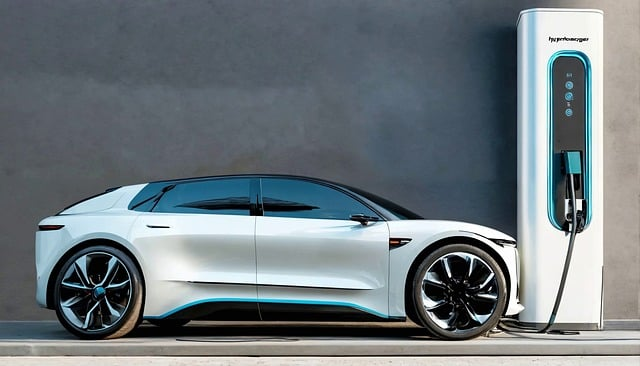Shocking Study: Electric Cars Have Higher Toxic Emissions, Worse Environmental Impact Than Gas VehiclesShocking Study

The recent study published by Emission Analytics, which gained attention after being cited in a Wall Street Journal op-ed, suggests that electric vehicles (EVs) may release more toxic particles into the air and be worse for the environment than gas-powered cars. The study found that brakes and tires on EVs release significantly more particle pollution compared to modern tailpipes equipped with efficient exhaust filters, which have reduced gas-powered vehicles’ emissions to new lows.
Key findings of the study include:
- Particle Pollution: Brakes and tires on EVs were found to release 1,850 times more particle pollution compared to modern tailpipes.
- Tire Wear: Most vehicle-related pollution today comes from tire wear. As heavy EVs drive on light-duty tires made with synthetic rubber and other fillers and additives, they deteriorate and release harmful chemicals into the air. Because EVs are on average 30% heavier, brakes and tires on these cars wear out faster than on standard cars.
- Practical Implications: The study throws doubt on the practicality of the Biden administration’s EV mandates, which aim to transition two-thirds of new cars in America to be all-electric by 2032. California lawmakers have also been criticized for referring to EVs as “zero emissions” vehicles, as they still produce particle pollution from tire wear.
- Health Risks: Increased exposure to these toxins from tire wear can lead to health problems such as heart disease, asthma, and low birth weight, according to the New York Department of Health.
- Solutions: Experts suggest changing the composition of tires to minimize the number of toxic chemicals released into the air. California’s air agency has faced criticism for using a model that assumes electric and gas vehicles have the same amount of tire wear when analyzing the effects of EV mandates.
- Regulatory Response: The Environmental Protection Agency (EPA) has plans to tighten emissions standards starting with the 2027 model year, aiming to reduce the sale of gas-powered and hybrid cars further.
Overall, the study raises important questions about the environmental impact of EVs and the need for comprehensive solutions to address pollution from all sources in the transportation sector.

